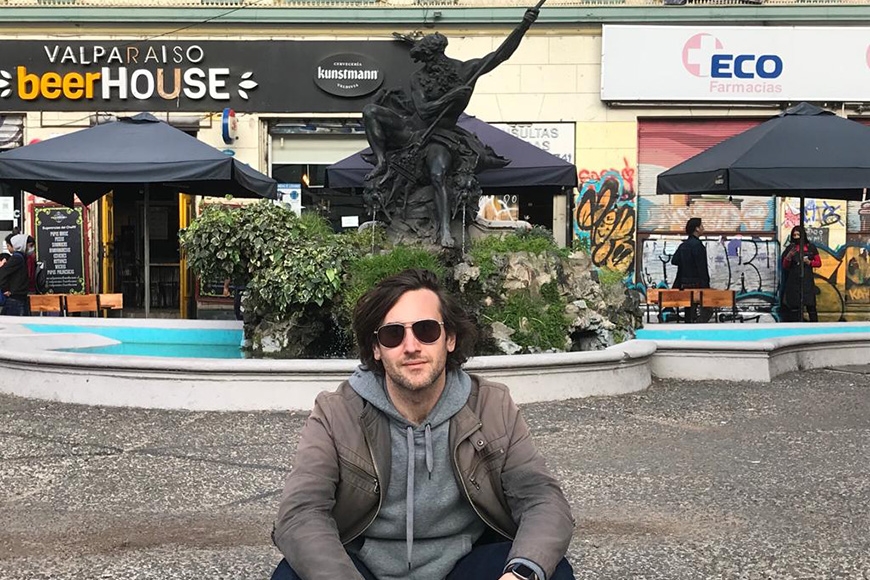The Joys of Research: Unexpected Discoveries and Alternative Viewpoints
PhD candidate Stephen Ellis received a 2023-2024 Ruth Drake Dissertation Fellowship from the Department of English, a one semester fellowship aimed to assist doctoral students in completing dissertations. Also awarded a Graduate Research Partnership Program fellowship for summer 2023, Ellis graciously answered our questions via email.
What will you be working on during the fellowship semester?
I’m finishing the last chapter of my dissertation (“Making the Case: Legal Curriculum, Literary Culture, and the Cold War”), though the project, by and large, keeps cutting in unexpected directions. This is obviously one of the joys of research, but unexpected discoveries also slow down the overall process. More specifically, the final chapter partly responds to Jonathan Kramnick’s recent essay “Criticism and Truth” in Critical Inquiry. For that reason, the question that I’ve been thinking about is something like, “How, if at all, does literature and literary criticism succeed at implicating readers and everyday circumstances beyond the purely hermetic world of texts?”
What experiences at the University of Minnesota have been most formative for you?
Mentors and colleagues, informal writing swaps and formal writing workshops, so many people who have helped to steward this project along. What stands out, frankly, is an inordinate amount of failure and disappointment. All the dead-end arguments and paragraphs, reluctantly tossed aside, probably still had value, but it never feels so great in the moment when they’re breaking down.
What impact do you hope to have in your career?
I would rather provoke disagreement than echo consensus. If the work is well-received, awesome. If the work is not, well, at least readers will know that an alternative viewpoint exists about the issues that my research addresses. In other words, whatever the consequences, if you have told the truth to the best of your ability, then whatever happens is probably the best-case scenario anyhow.



